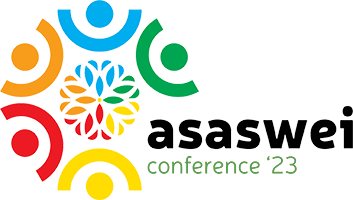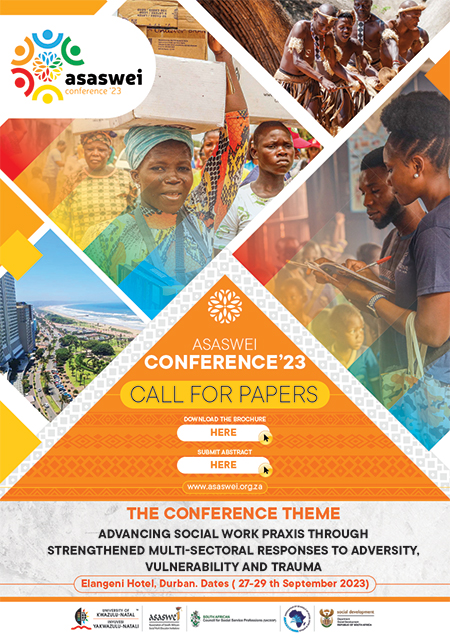The View page displays a submission's general information and data. Watch video
Submission information
Submission Number: 101
Submission ID: 135
Submission UUID: 8d4886a9-e35d-4510-9da2-65f27507dbac
Submission URI: /2023/abstracts
Created: Thu, 07/06/2023 - 12:54
Completed: Thu, 07/06/2023 - 12:57
Changed: Mon, 07/31/2023 - 16:18
Remote IP address: 2a0d:6fc7:51b:fcbe:982e:2bab:ebc8:ee46
Submitted by: Anonymous
Language: English
Is draft: No
Current page: Complete
Webform: Abstract
Presenters
Dr.
Wittenberg
Nir
Ariel University
Dr. Nir Wittenberg is a professor of Social Work at Ariel University. Holding a Ph.D. in Social Work from Tel Aviv University, Dr. Wittenberg is a licensed social worker, lecturer, and researcher. With a strong commitment to addressing social challenges and improving the well-being of individuals and communities, Dr. Wittenberg specializes in innovative approaches that benefit vulnerable populations, including at-risk youth, LGBTQ individuals, and families living in extreme poverty. His research interests include social support systems, digital tools, and help-seeking behavior. Dr. Wittenberg is a board member of a non-governmental organization that provides free accessible online emotional support to Arab and Jewish residents.
No
Abstract
Online Support for Youth at Risk: Reaching Out Through Technology
THEME 2: Building sustainable, resilient, and self-reliant communities through indigenous modalities, inter-sectoral collaborations, and partnerships
SUB 2.7 social entrepreneurship, technology innovations and strategies for youth empowerment and skills development.
Oral Presentation
This lecture presents research on the use of the Internet as a source of support for youth at risk experiencing distress, providing insights into online communication and help-seeking behaviors. Due to a lack of knowledge, fear of exposure, and stigma, many adolescents avoid seeking help. However, the online world offers unique opportunities for information, support, and a sense of belonging, and has proven to be equally effective in establishing therapeutic alliances as those conducted in person. The study employed a Grounded Theory approach with a sample of 602 young people aged 12-25. The data collection methods included interviews, questionnaires, and support group messaging. Five main patterns of online help-seeking behavior were identified: self-reliance, problem solving, self-discovery, social engagement, and the need for counseling relationships. This study enhances the understanding of online support for youth and has organizational and clinical implications for internet-based outreach, counseling, and the development of therapeutic alliance.
Reviewer ONE Feedback
Prof
Glynnis
Dykes
Yes
Empirical Research
Accepted
Reviewer TWO Feedback
Dr
Poppy
Masinga
Yes
Empirical Research
Accepted

